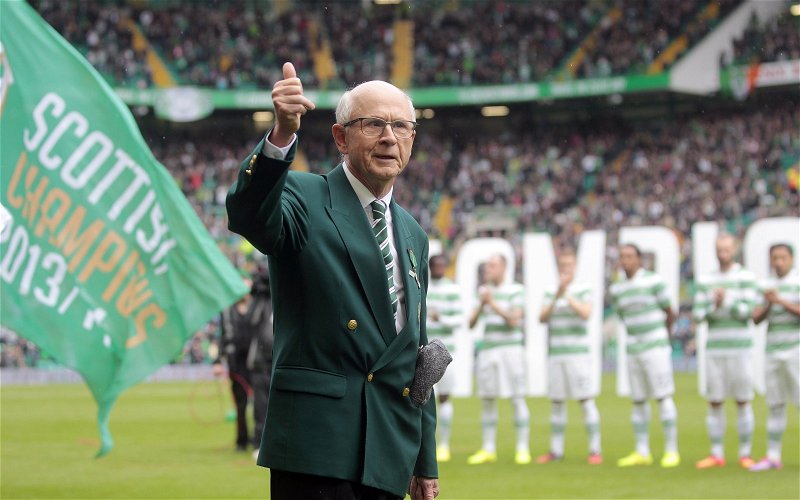But this book could equally have been entitled Fergus McCann v The World, because from almost the moment he stepped into Celtic Park, the Canadian faced an array of enemies who would have made a lesser man balk.
Fergus never got a moment’s peace for the full five years of his tenure.
He departed a rich man, a man with pockets bulging, a man who had done exactly what he said he would do and who earned the gratitude of our supporters and his legendary status amongst them.
Fergus was harshly treated by a section of our support, but that was in the era before social media and the ability of the blogs to promote Celtic’s cause in the face of the onslaught by the mainstream press, who at the time held all the power in their hands.
I read Stephen’s last book, Tangled Up In Blue, and I wrote a review for this site in which I called it “an alternative history of Rangers.”
Stephen researched that club meticulously, and you can tell he’s done the same with this book.
What it reveals is an incredible story, much of which is only half understood by the Celtic support and the public at large.
I am appalled that Stephen, who is an excellent writer and who’s appraisals of his subjects are honest and forthright, was not able to find a single mainstream media outlet to review this book … that is an astonishing fact to relay.
The press still believes their version will be the last version of history; it is books like this which prove them wrong.
I’m going to give you some of the highlights of Stephen’s book here in this article, and I urge everyone to read it.
Fergus didn’t just face off against the Ibrox chairman and all his bombast; he went up against enemies on all sides, and he won more of those battles than he lost.
Indeed, reading the book you can’t shake the feeling that is to his immense credit that he succeeded at all, because this was no sure thing.
Celtic had been hampered by the disastrous management of our former board, but we were surrounded by enemies from the first minute to the last.
And yet we didn’t just survive, but we thrived.
On the final page of this piece, I’m going to imagine Fergus in this role right now … he would never have allowed us to get into the spot we’re currently in.
Celtic Had Almost Bankrupted Fergus Once Before ….
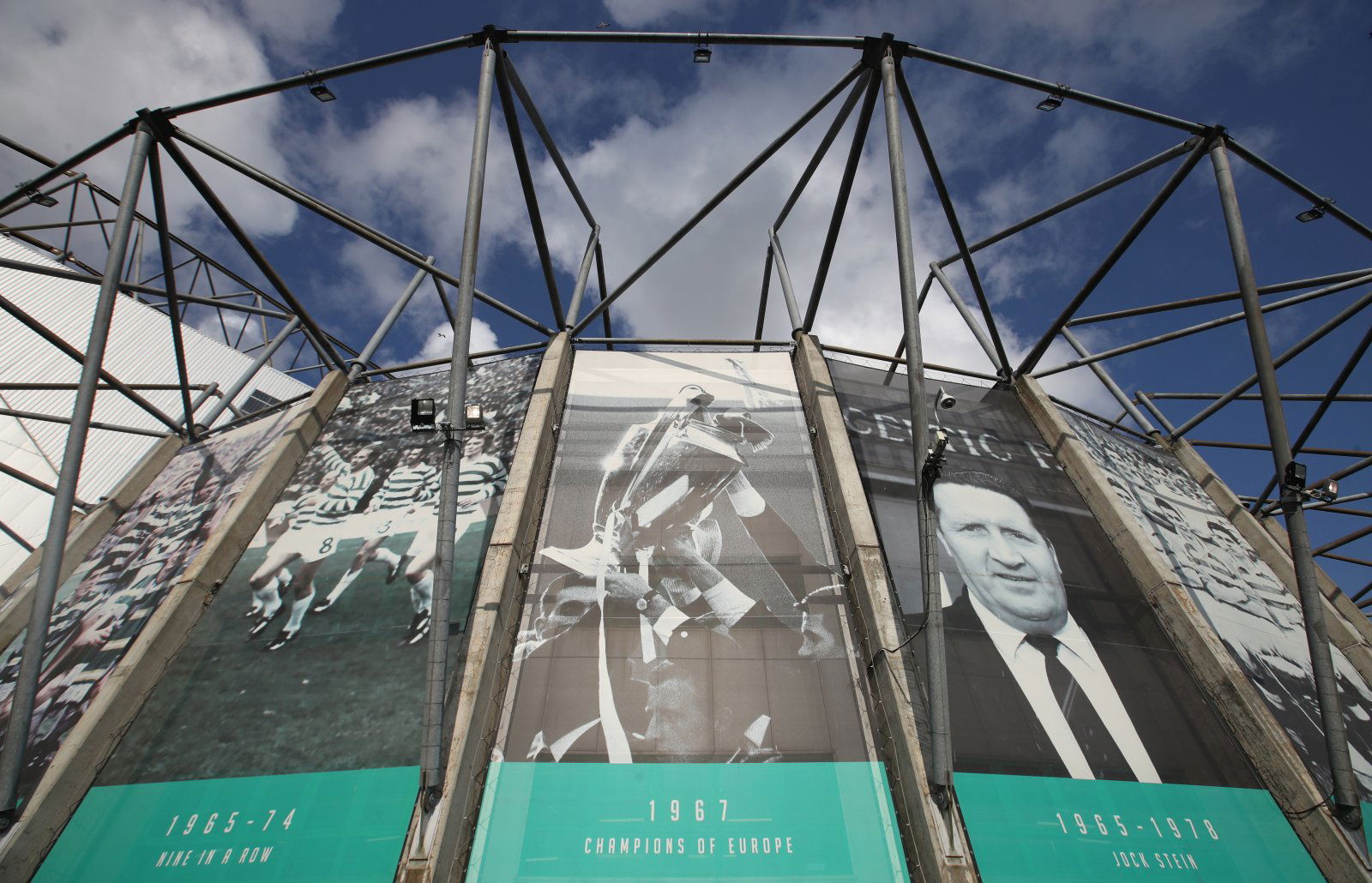
One of the earliest, amazing stories, which the book recounts, is how Fergus learned one of the hardest lessons of his business career – one that almost broke him – due to an early investment in a project involving our club.
In 1972, Celtic came up against their old foe Inter Milan in the European Cup semi-final.
Fergus, at the time in his early 30’s, believed that not only the Scotch-Irish diaspora but the Italian community in Canada would be interested in the game.
After the first leg, in Italy had ended 0-0, he purchased the rights to broadcast the Celtic Park leg from the club for a mere £300. He then rented out the Maple Leaf Gardens sports venue in Toronto and planned to screen the game for 12,000 paying customers.
Two things went wrong; first the anticipated interest didn’t materialise, and especially from the Italian community, who’d seen the first leg result as a disaster.
But worse was the fact that the Celtic Park game ended 0-0 and went to extra time and then penalties, where Celtic suffered a heart-breaking loss, denying us our third final in six years.
Fergus’ heart was breaking for more reasons than one; not only did he not sell the tickets he thought he would, incurring a big loss there, but he hadn’t banked on the game lasting longer than the regulation 90 minutes … and he found himself paying a whopping £16,000 per hour to the satellite company as a consequence of the overage ….
For three weeks afterwards, he had no idea if his business career had just come to an end.
But he dusted himself off and got back into the game.
“The School of Hard Knocks gives you the best MBA you can get,” he said of that period. “Not many people can handle that, and I found that I could. Those short, sharp lesson lasting three weeks in 1972 I value now very highly.”
The Scottish Press Sent “Investigators” To Find Dirt On Fergus.
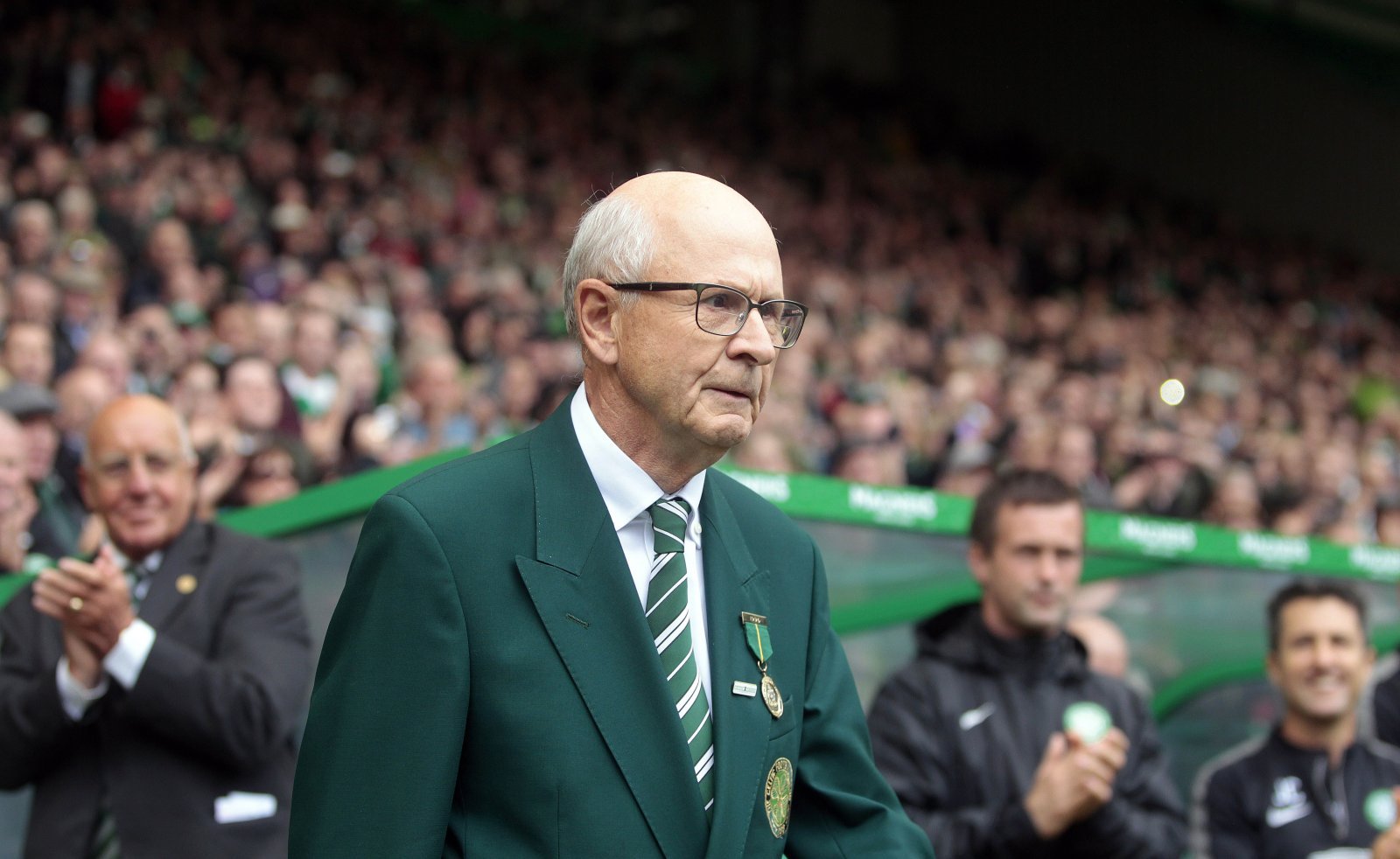
The first incredible revelation from the book is that our media was out to get Fergus from the first. No real surprise, right?
But actually, they went much further than you might at first believe.
In fact, Stephen recounts that our mainstream press actually engaged the services of the muckrakers to dig about in Fergus’ business and personal life.
And you know something else? They didn’t even wait until he was running Celtic. They had him in their gun-sights right at the start, pegging him as a threat to the Ibrox hegemony. They knew his plan was sound. They knew that it could work.
So they sent people to root around and see if they uncover something that turned the fans against him, or painted him in a negative light so that those working alongside him might turn their backs on him. These are low-ball gutter tactics which you usually only find in politics … think for a minute about how serious this is.
It is unprecedented. Think of Celtic as a business rather than a football club; this was the media taking it upon themselves to investigate someone who was not in the public eye, for proposing to invest in a struggling Scottish company. What the Hell is that about?
But this was just to be the first of their many, many disappointments … Fergus was a perfectly decent man and a respectable businessperson.
There was no dirt anywhere, because that’s just not the sort of guy that he is.
A simple man who lived a simple life, Fergus was a model of probity.
You could even say that he was a little bit boring!
The Old Board Formed A Pact To Stop Him Getting Control …
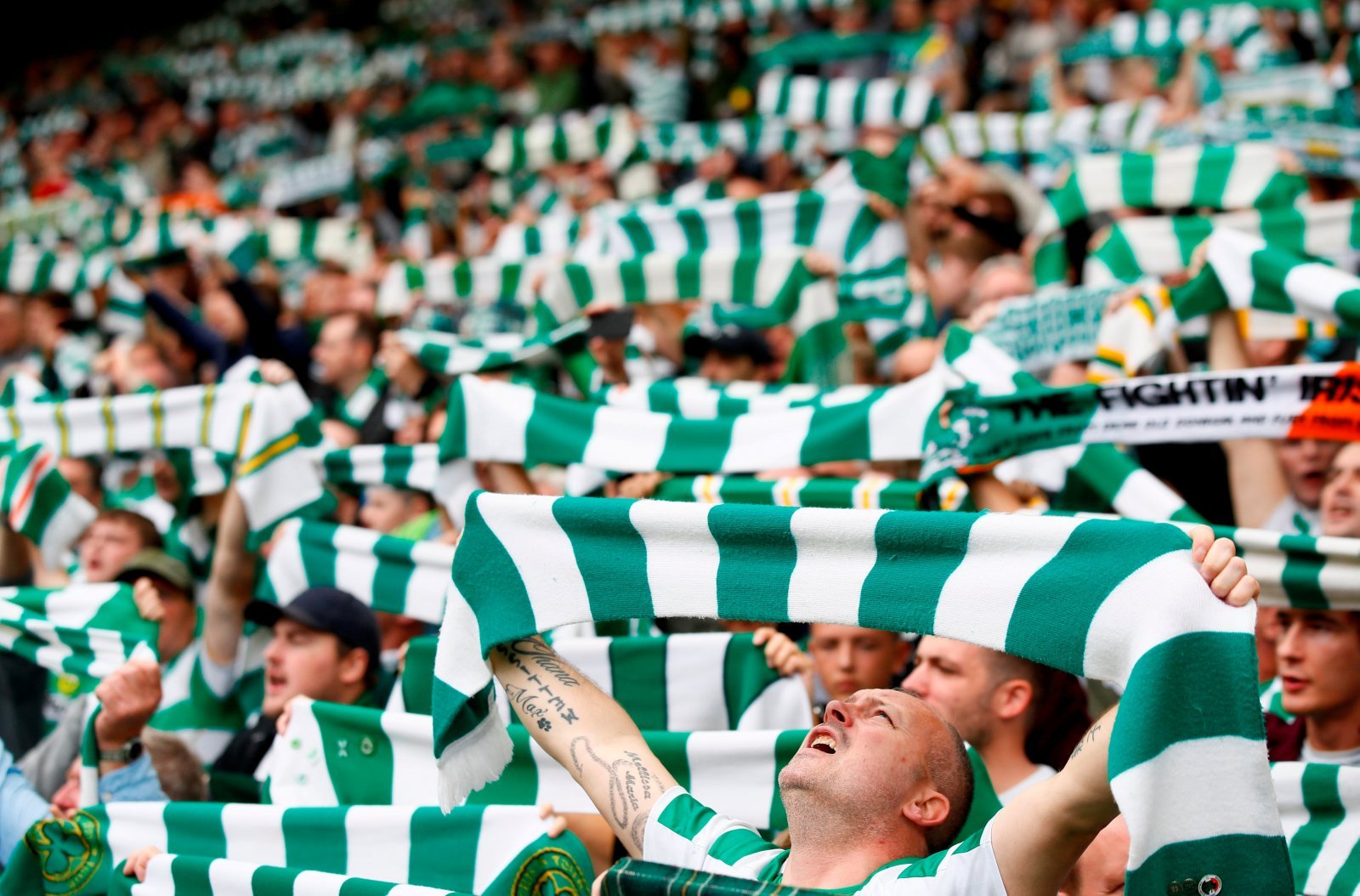
I remember the days of the old board, and the battle between them and Fergus for control. What younger fans might not remember is how bitter it was from the start, and remained so right up until the moment that Fergus snatched the power from them.
At first, when Fergus first showed up, offering to put £7 million into the club, the board was casually dismissive, and even arrogant towards him. But they had never come across anyone like Fergus before, and although he would later have a spikey relationship with the press – to say the least- at that point he was adept in using them to his advantage.
He ran a non-stop PR campaign about his plans and his offer, and that rattled those who were running our club. They had no plan of their own, but they liked their status and sometimes seemed to believe it was theirs by divine right.
They were not about to let a Canadian upstart usurp them.
It was a time of a lot of boardroom upheaval; the book charts it all quite brilliantly.
But finally the Kelly and White families came up with a way to lock Fergus and others out completely; they formed a voting pact which also bound each of them to only sell shares to the others … in doing so they thought they could prevent anyone from calling an EGM.
Thankfully, for Celtic fans, Fergus was a lot smarter than they thought he was.
Little by little he and his team chipped away on the outer edges until the crisis that broke the old board.
At that point Fergus was able to use the pact against its members; once the bank announced that they wanted paid, Fergus secured the support of a section of the board and because they held a veto on the transfer of shares they made it clear they would reject any effort by the White’s and Kelly’s to sell their shares to their own preferred candidates – the “anyone but Fergus” group led by the What Every Woman Wants shopping magnate Gerald Weisfeld.
Had the White’s and Kelly’s resisted at that point, the bank would have seized it all.
In the end, Fergus got the block he needed.
Fergus’ one regret was that breaking the pact meant that he had to eventually pay the Kelly’s and Whites for their shares, which he had vowed not to do with one of his most famous soundbites; that after bringing the club to the brink they would get “not one thin dime” from his pockets.
In the end, Fergus was a practical man and put aside pride and ego and did what was right for Celtic.
Fergus Had No Sacred Cows. He Was Never Sentimental.
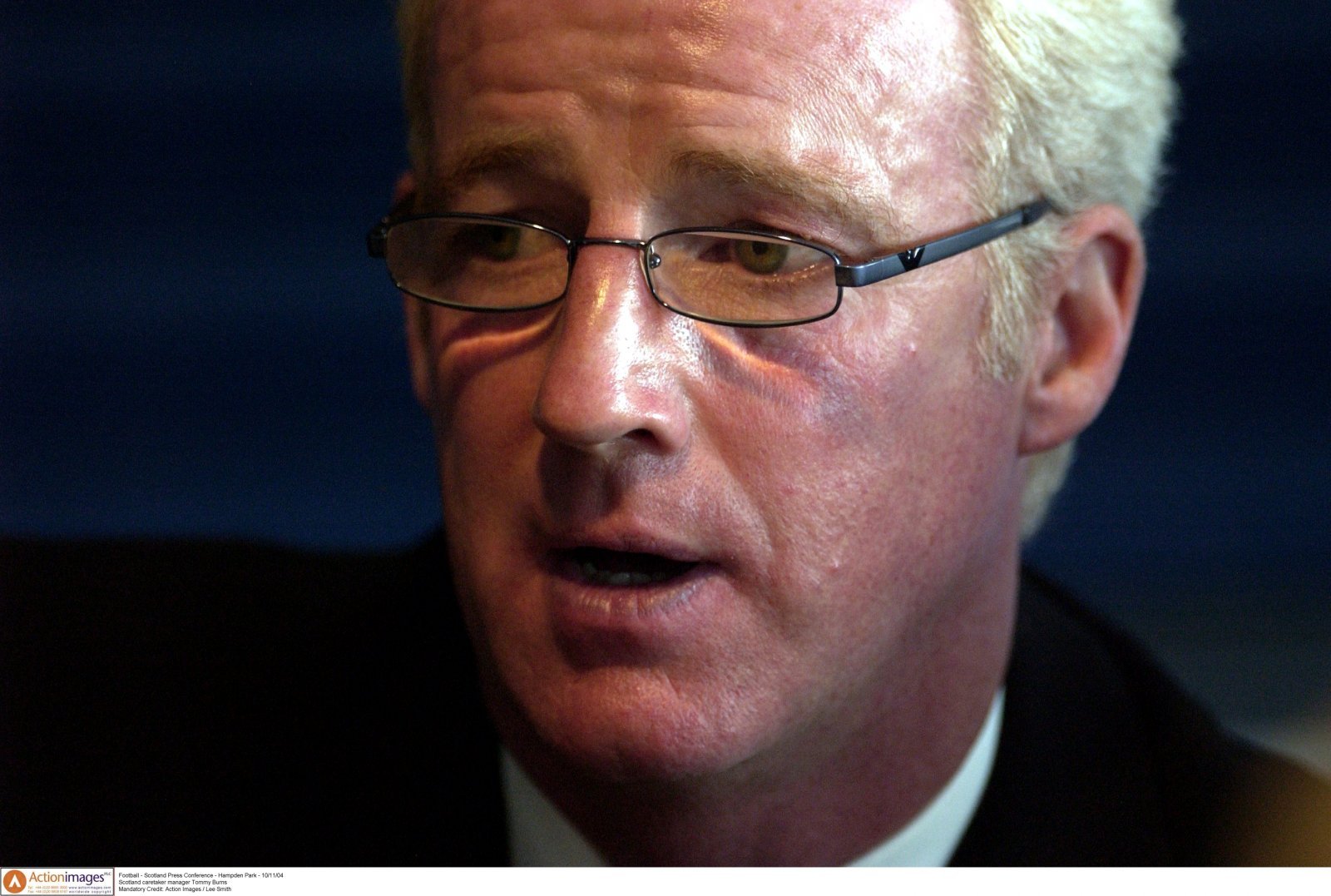
One of the things that rings truest, and comes across best, in Stephen’s book is that Fergus was a solidly unsentimental guy.
He was a businessman first, and knew that for Celtic to be successful he would have to be a little bit ruthless.
Under Fergus, numerous historic Celt’s fell out with the club, including Jimmy Johnstone at one point, and he told a lot of ex-players that they would no longer get the red carpet treatment around the club as they used to. He didn’t like free-loaders, even they had illustrious names.
Fergus also didn’t take kindly to failures.
We went through quite a few managers whilst Fergus was at the helm and he was very direct and forceful when it came to escorting some of them off the premises.
Lou Macari tried to sue us over his dismissal; Celtic filed a counter suit. Tommy Burns was beloved by the fans and by a lot of the players; when Fergus realised that he wasn’t likely to produce the title he did what he had to do.
Wim Jansen might have believed that as results started to improve that Fergus would have taken his side in any battles with Jock Brown; in fact, Fergus had his own issues with Jansen as the next section will reveal, and didn’t lift a finger.
Fergus was one of the most ruthless men that Scottish football has ever seen, in his dealings with the media, with the governing bodies (who he hated), with his own managers, with his players (if you recall the treatment of the Three Amigos) and anyone else who stood in the way of his plan to make Celtic the biggest club in the country.
At the time we didn’t understand – or know – the half of it, such as that Jorge Cadete was ruled by his wife.
All we got were the negative stories in the media.
His ruthlessness was preyed on by The Record and in particular with their headline comparing him to Saddam Hussein … but it was also part of what made Fergus great.
Wim Jansen Wanted To Leave Just Weeks Into The Job
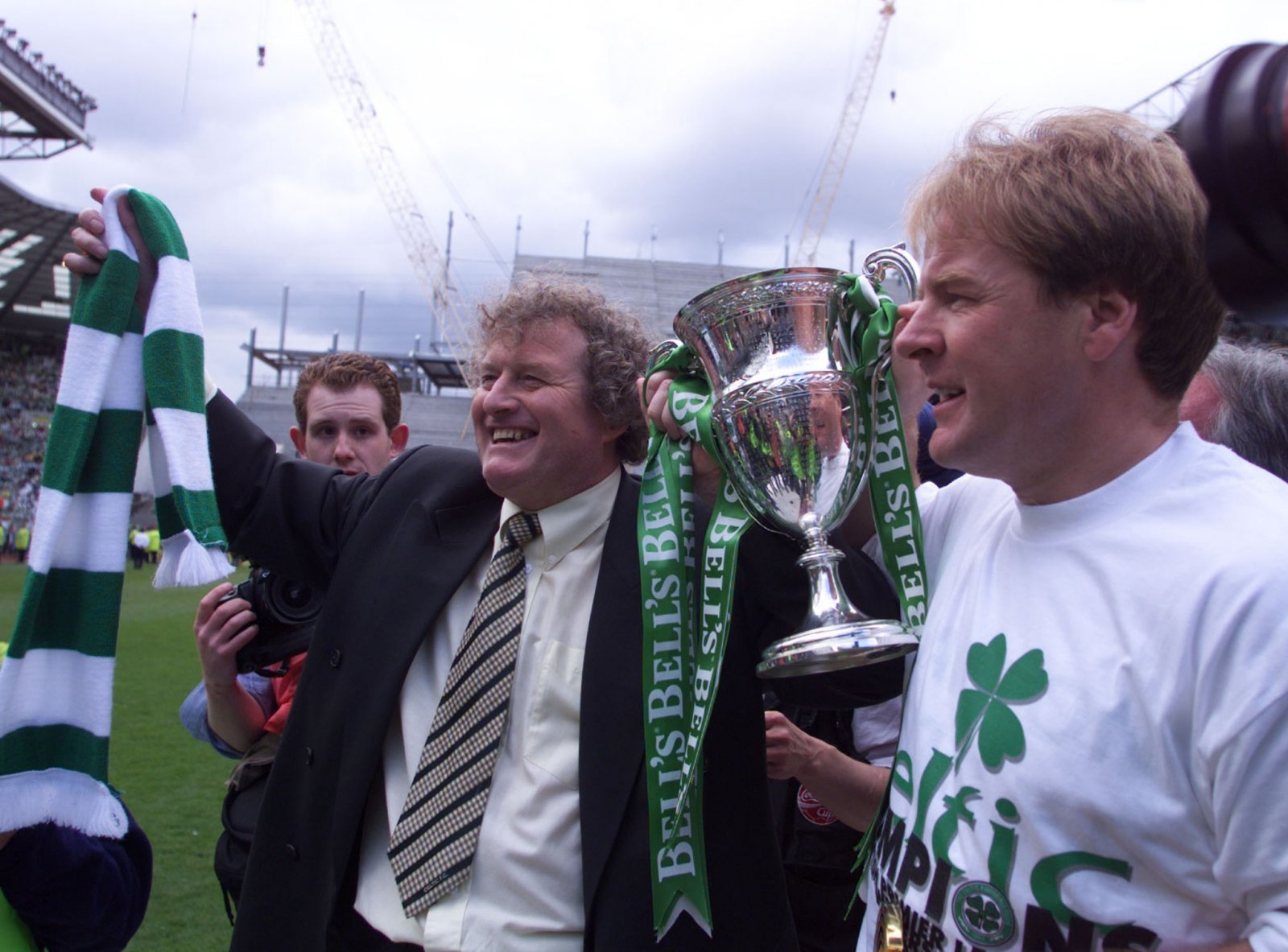
Although he stayed for the duration of the Stop The Ten Campaign, Wim Jansen was never particularly happy at Celtic Park, and part of it was the rod he made for his own back by refusing to take part in scouting meetings, refusing to involve himself with anything other than first team training, refusing to submit details plans for the campaign and on and on.
But worst was his fractious relationship with then General Manager Jock Brown – a much maligned figure who the book gives a fair hearing – which was so abysmal that he told Fergus he wanted to leave within weeks of taking the job.
Fergus smoothed over the troubled waters enough to keep Jansen and Murdo McLeod in place, but the history of our club might look very different if the Dutchman had departed before he got the chance to put his team together.
The book makes it clear that Jansen and Fergus had very different philosophies, so it seems clear that even if Jock Brown had left the club first the manager and the owner hadn’t hit it off, and his departure would still have come about when the campaign was done.
History hasn’t returned a negative verdict on Celtic and Jansen parting ways.
He didn’t go on to establish himself as a real force in the game and although we stumbled through the next couple of years and made some bad choices, we didn’t overly suffer for it.
Wim was a little too flighty to put down proper roots at Celtic Park; there was never any question of his building a dynasty with us.
Queens Park Put A “No Tricolour” Clause In The Hampden Rental Contract.
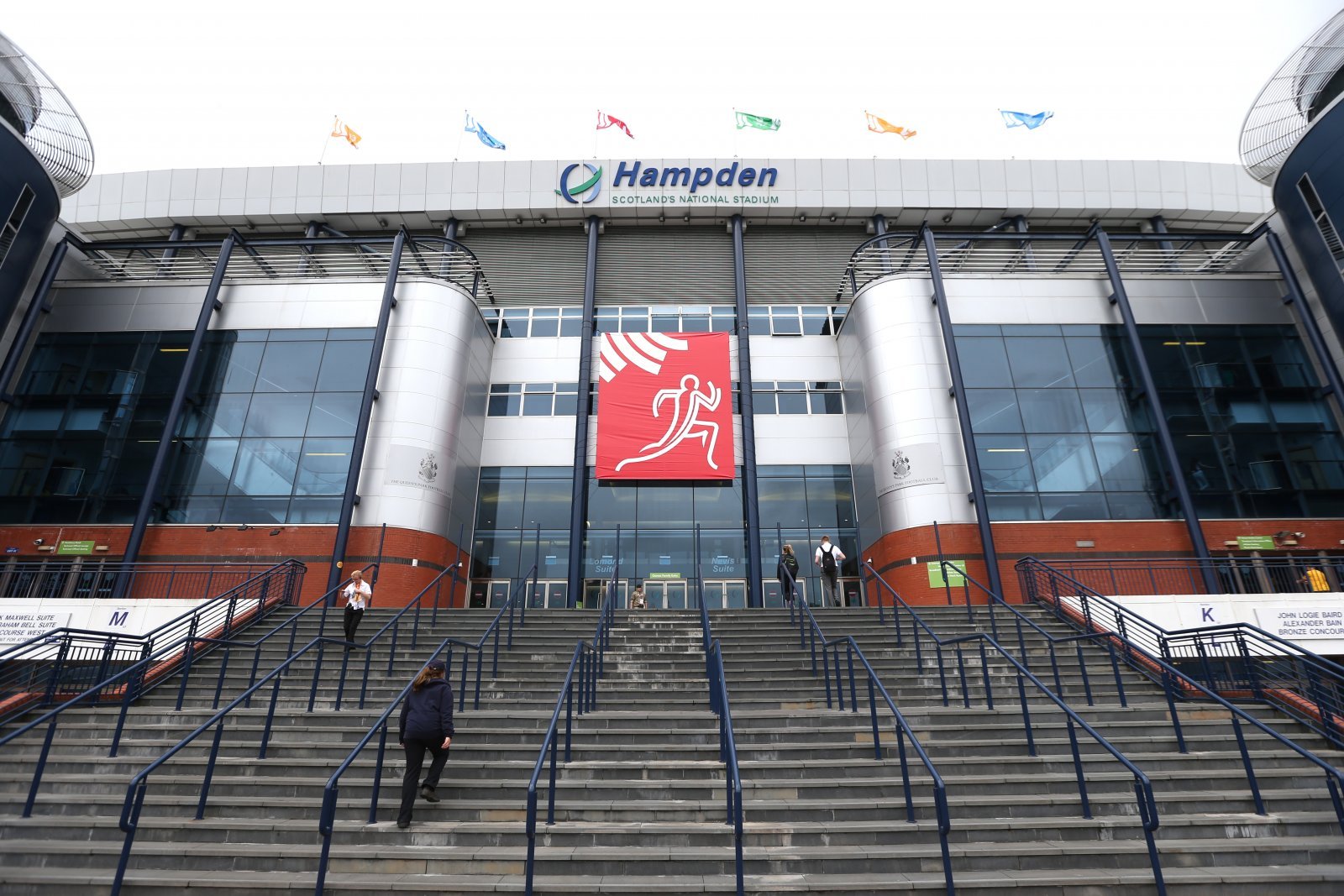
Fergus saw a lot of stuff in his early time at Celtic Park, stuff that was eye-opening for him but at the same time, stuff that was to prove useful in evaluating the country, the people in it and the general way in which our club was perceived.
He learned a lot from these early lessons, and never forgot a single one of them.
One came from the way the SFA treated us over the rental of Hampden.
The cost was astronomical and Fergus, rightly, surmised that it was punitive.
But a more revealing surprise came when he saw the rental agreement drawn up by Queens Park.
It explicitly forbade the flying of “a foreign flag or emblem” above the ground; a clear reference to the tricolour, which proudly flies at Celtic Park.
McCann didn’t make a big thing out of this – although later, he almost certainly would have stripped the paint off all the walls – seeing it as a meaningless, petty, gesture and one that ought never to have been included in a commercial contract.
But it was an early indication as to what both he and the club would be up against for the entire time of his stay.
It was proof of the nasty, parochial, small minded attitudes many in Scotland had towards our club and its heritage.
When Fergus Left, Standards At The Club Plummeted For A While.
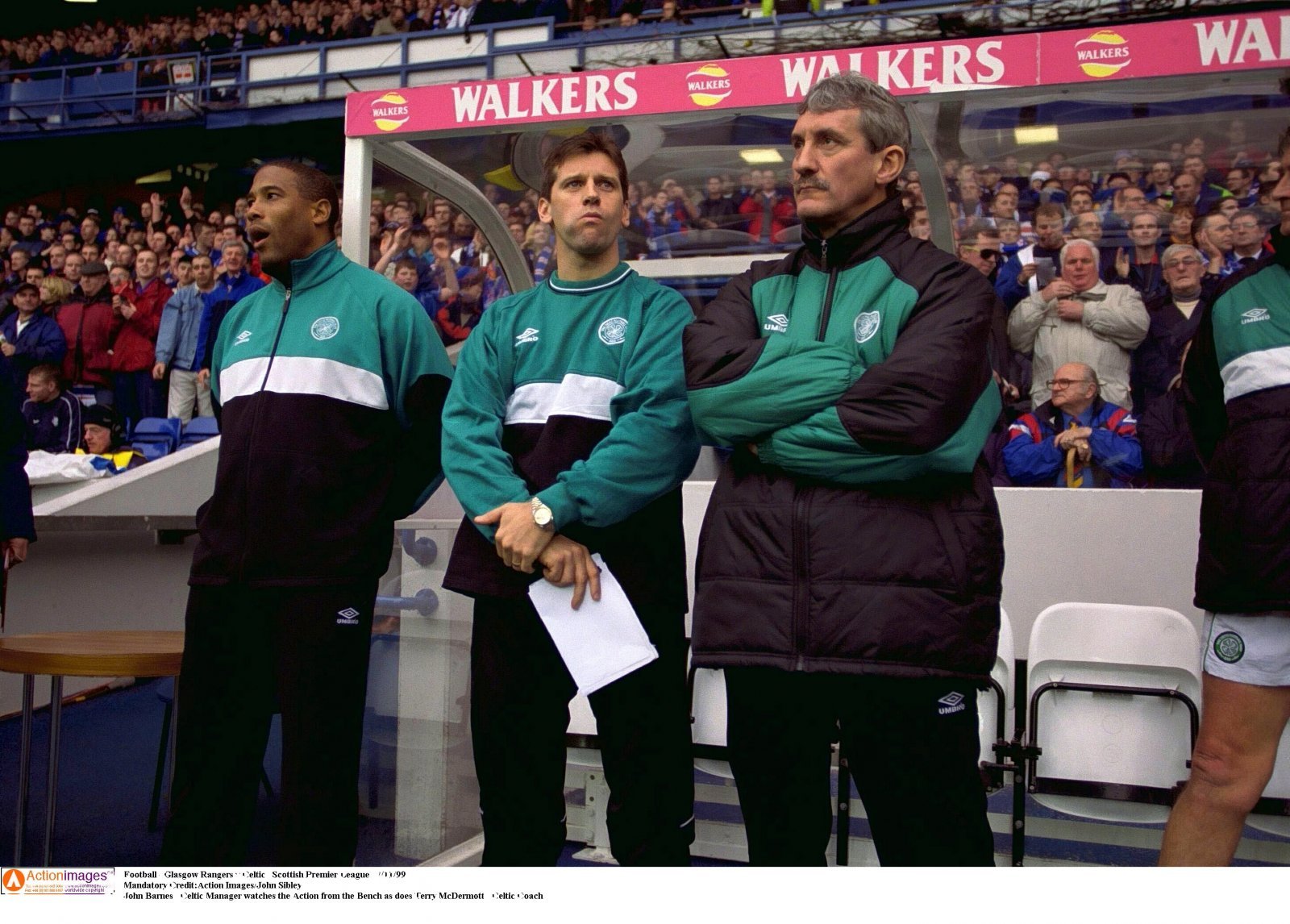 Fergus’ departure saw a wholescale plummeting of standards, in a stunning proof of what Stephen points out can happen to organisations if they make bad staffing decisions. We appointed good men to the board, but the decision to allow Allan MacDonald a free hand turned out to be disastrous, as he appointed Dalglish, who appointed Barnes.
Fergus’ departure saw a wholescale plummeting of standards, in a stunning proof of what Stephen points out can happen to organisations if they make bad staffing decisions. We appointed good men to the board, but the decision to allow Allan MacDonald a free hand turned out to be disastrous, as he appointed Dalglish, who appointed Barnes.
This wasn’t the end of the madness, of course.
We signed Barnes old mate Ian Wright.
We were profligate in our spending, bringing in the likes of Berkovic, Rafael and others.
Our scouting system was so shoddy and unprofessional that Barnes later admitted all he knew of the player was what he watched once on ESPN … and when we sent a scout to actually see him in the flesh, our guy flew out to Brazil and didn’t realise until he got there that there were no games being played because they were on a mid-season break.
Can you imagine anything so amateurish happening at a major club now?
For any operation to be successful, the leadership has to be in lock-step and all have to be at the top of their game.
Fergus’ departure set us back because the decisions made when he was no longer in the room were just awful.
Yet there’s an upside as well; it only took the appointment of Martin O’Neill and giving him full control over the football operation to set things right again.
Fergus Would Not Have Permitted Any Of What We’re Watching Right Now.
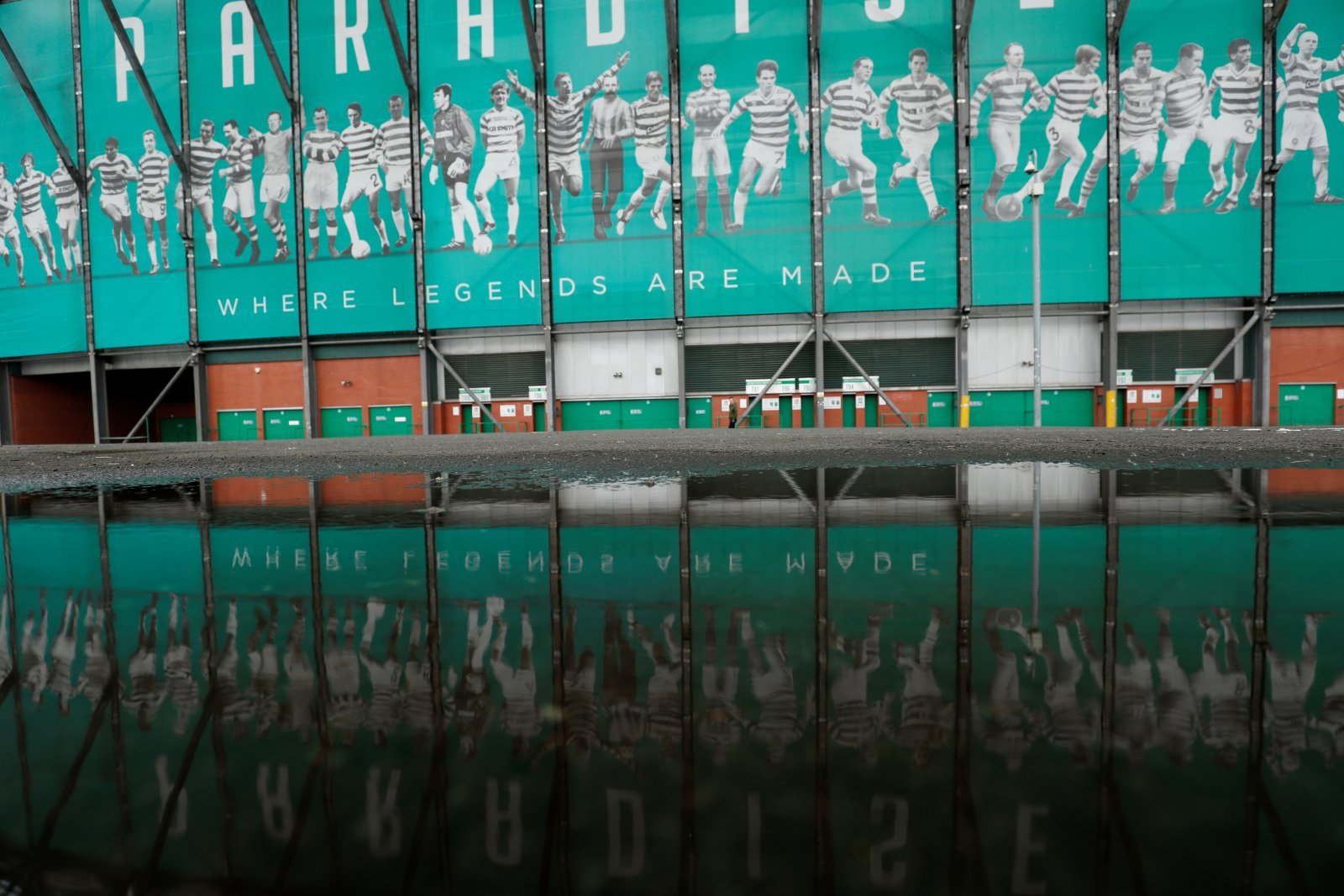
Had Fergus McCann been at the helm of our club in 2012, there is no question that the Five Way Agreement would have been shredded and in the bin before it ever got signed.
Had Fergus McCann been at the helm in 2012 the SFA would never have dared propose that the Ibrox NewCo be put in the top flight; it would have been Fergus, not Turnbull Hutton, who stood on the steps of Hampden and called that corrupt.
Had Fergus McCann been at the helm when Rangers collapsed he would never have allowed the media or anyone else to pretend they were the same club.
He would never have permitted Lord Nimmo Smith to exclude certain timeframes from his investigation, or let them fold the Wee Tax Case into the other for the purposes of those findings.
He would not have lived with the Victim Lie, which opens the doors wide to another Ibrox insolvency event where they get away with it all.
Fergus McCann would have insisted on – demanded in fact – SFA reforms in that period.
If clubs weren’t willing to follow where he led he would have gone on a PR offensive and lambasted them and shamed them and rallied their fans behind him until they caved in. He’d have seized that moment to force through changes, whoever was opposed to them.
Fergus McCann would never have appointed a rookie manager like Neil Lennon, or reappointed him in a shower.
He would not let our own ten in a row be jeopardised by weakness or sentimentality.
He would have made the changes that were necessary the moment the threat became clear, as he did with Tommy Burns, another great servant of our club.
Fergus would never have allowed the refereeing closed shop.
He would have slated the SFA for allowing a convicted tax fraudster to take over a club.
He would have been scathing at their inaction as that man was investigated and charged by the City of London.
Not our business, you might say, but Fergus knew that speaking out would have weakened our club’s enemies and that’s why he’d have done it.
Fergus McCann brought strategic vision and focus to our club; how long since you believed that those running Celtic had a plan, far less heard them articulate it for us?
Now they treat us with utter contempt, never bothering to explain it to us, never bothering to let us question them on it.
Even this year’s AGM, which could have set a new template for the future, has been reduced to a meaningless exercise, presided over by cowards.
Fergus is worth ten of each of them.
Not only would he have known what had to be done at this point of crisis, but he would have known what to do in 2012 that would have ensured that we never got here in the first place.
If you need convincing of that, Stephen O’Donnell’s book will set you right.
You can buy Stephen O’Donnell’s outstanding book on Fergus by clicking on this link.
